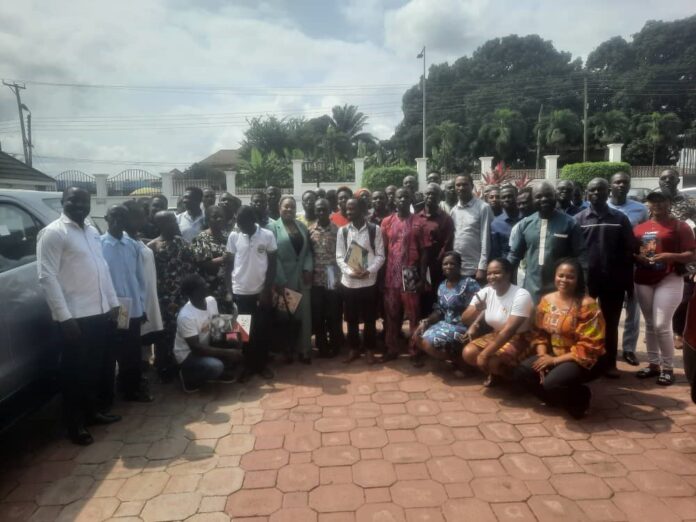
Manufacturers, especially those in the agriculture and food processing industry, have been urged to shift to the use of solar energy.
The recommendation comes on the back of upward adjustments in electricity tariffs in the first and second quarters of this year. Similarly since the fourth quarter of 2022, the cost of electricity has seen a 75.58 percent upward adjustment. In September 2022 it was increased by 27.18 percent; February 2023 saw another increment of 29.96 percent and in June 2023, it was again increased by 18.36 percent.
These increments, according to the Association of Ghana Industries (AGI) is taking a heavy toll on industries, making it difficult for them to break even with some having to relocate to other countries with cheaper electricity.
However, as part of efforts to help sustain the industries, the German Solar Association (BSW) under the PartnerAfrica Project Ghana (BSW-Solar, AGI) Solar Ghana Cocoa, has organised an ‘Information Event on the use and financing of solar photovoltaic (PV) technology’ for agriculture and food processors in the Ashanti and Bono Regions.
The project targets small and medium-sized enterprises (SMEs) within the cocoa value chain, including the cocoa cooperatives, cocoa processing companies, cocoa farmers, food processors and cocoa artisans.
The Project Officer, Francisca Alorkpah, elaborated the objectives of the BSW-Solar AGI to the B&FT. “Within this project, the German Solar Association supports the Association of Ghana Industries (AGI) and selected organisations within the renewable energy and cocoa sectors in Ghana to promote the use of renewable energy technologies, in particular solar energy, within Ghana’s cocoa sector and the food processing sector. Our overall objective of this project is to improve the conditions for increased private investment in renewable energies to enhance the competitiveness of Ghana’s industry and agriculture sector”.
AGI Chairman for the Ashanti, Bono East and Bono Regions, Kwasi Nyamekye, added that shifting to solar energy would bring a lot of benefits to the environment and also sustain industries.
“The need for more efficient and eco-friendly practices has never been more urgent. This is where solar energy comes in. By harnessing the sun’s abundance and renewable energy, we can significantly reduce carbon emissions while increasing productivity and resilience in the face of unpredictable weather patterns. This programme is designed mainly for the agriculture sector, it’s about farmers, scientists and innovators to create a brighter and more sustainable future,” Mr. Nyamekye said.









